Peaceworks
Publications
Articles, publications, books, tools and multimedia features from the U.S. Institute of Peace provide the latest news, analysis, research findings, practitioner guides and reports, all related to the conflict zones and issues that are at the center of the Institute’s work to prevent and reduce violent conflict.
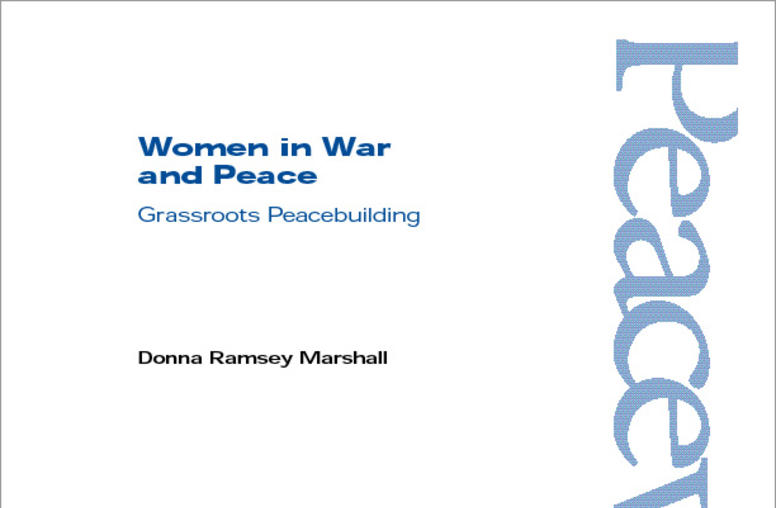
Women in War and Peace: Grassroots Peacebuilding
While much of the work of conflict resolution focuses on the government or public level, the resolution of contemporary conflict is very much a holistic process that is simultaneously conducted at the private, grassroots level. Many of the efforts under way to sustain peace in countries and regions beset by or emerging from violent conflict are undertaken by grassroots organizations formed by those whose lives are most directly and significantly affected by the conflict. A substantial proport...
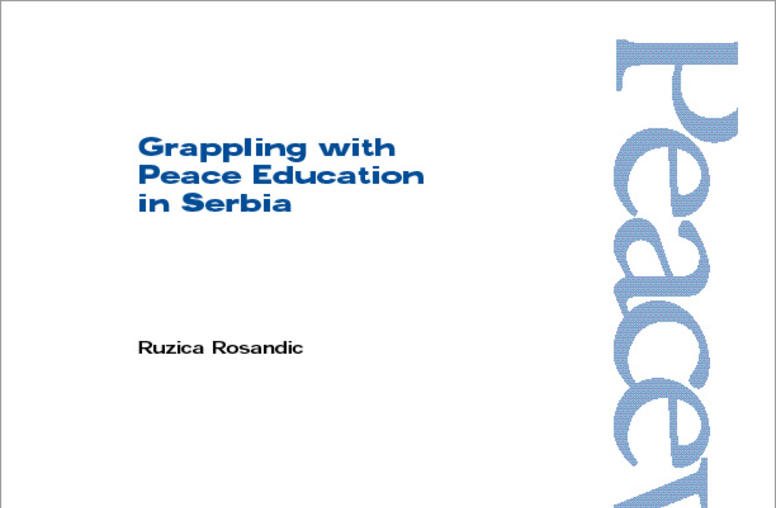
Grappling with Peace Education in Serbia
Since the violent breakup of the Federal Republic of Yugoslavia began in 1991, the children of Serbia have suffered the debilitating effects of wartime conditions. These include various forms and degrees of deprivation: social, emotional, moral, and intellectual.
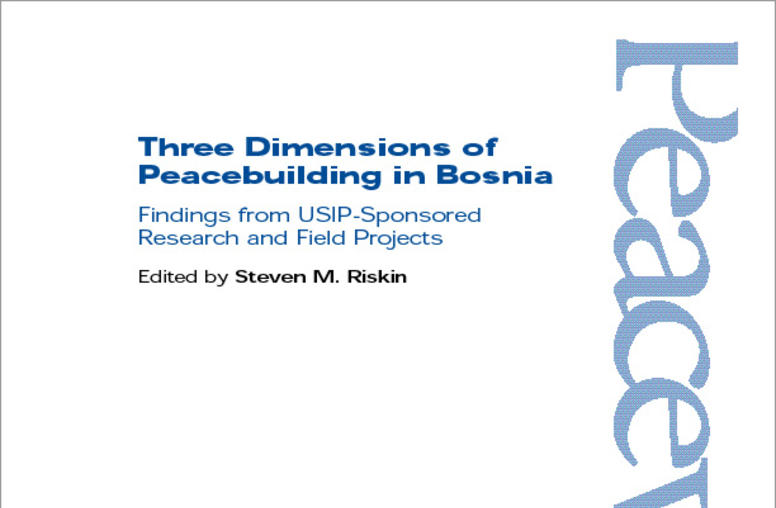
Three Dimensions of Peacebuilding in Bosnia: Findings from USIP-Sponsored Research and Field Projects
The purpose of this Peaceworks is to highlight some of the Institute-funded programs focusing on Bosnia and Herzegovina and to share some of the lessons gleaned from policy-related research covering foreign aid, human rights and rule of law, and programs devoted to reconciliation and civil society institutions in Bosnia.
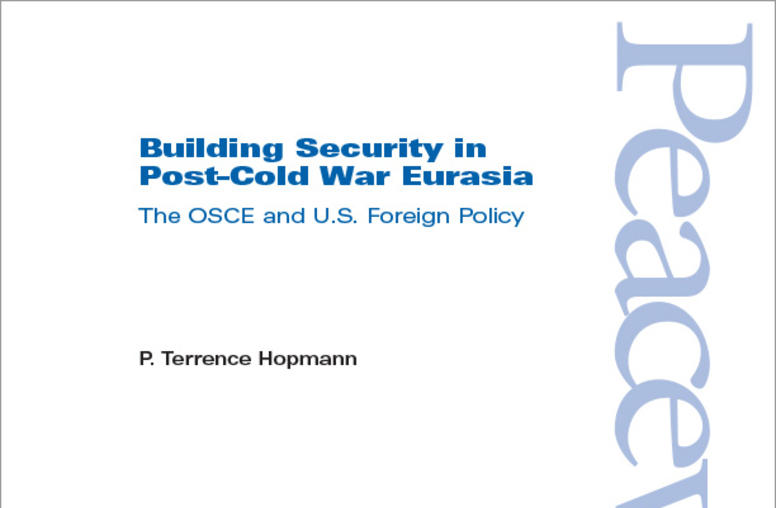
Building Security in Post–Cold War Eurasia: The OSCE and U.S. Foreign Policy
Before NATO forcefully halted Serbia's violence against ethnic Albanians in Kosovo, another European security organization was operating in the region—the Organization for Security and Cooperation in Europe (OSCE). In this report, Terry Hopmann elaborates on the conflict-management work of the organization and explores its possibilities as a complement to the United States' almost sole reliance on NATO as the principal instrument of U.S. foreign policy in trouble spots across Europe (espec...
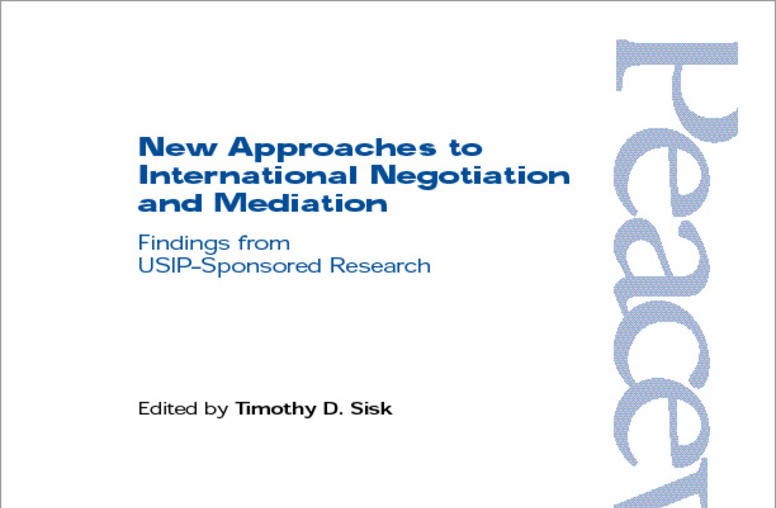
New Approaches to International Negotiation and Mediation: Finding from USIP-Sponsored Research
This report excerpts key findings from some Institute-supported research. In response to a loosely structured questionnaire, selected project directors identified the key theoretical findings of their research projects, those most likely to be of use to policymakers, and new approaches to skills training and teaching.
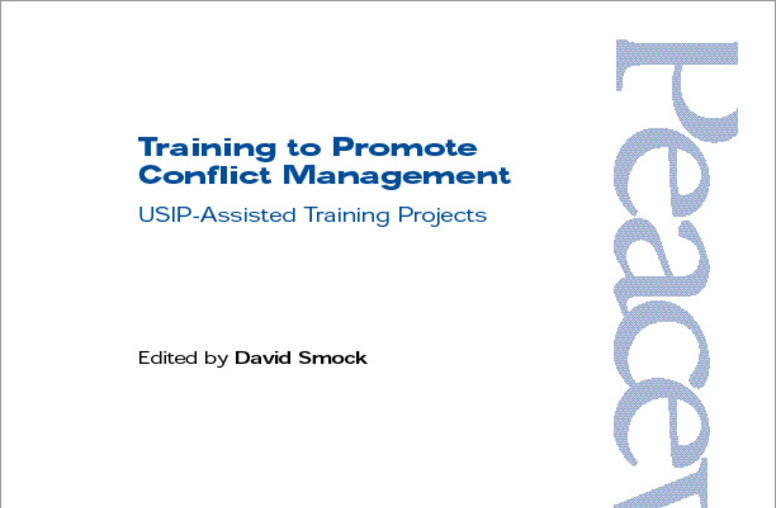
Training to Promote Conflict Management: USIP-Assisted Training Projects
The training projects described in this report took place in China, countries of the former Yugoslavia, Ethiopia, Nigeria, Somalia/Somaliland, and southeastern Europe; two other projects had worldwide scope. These projects had a variety of purposes and used training to achieve several different ends.
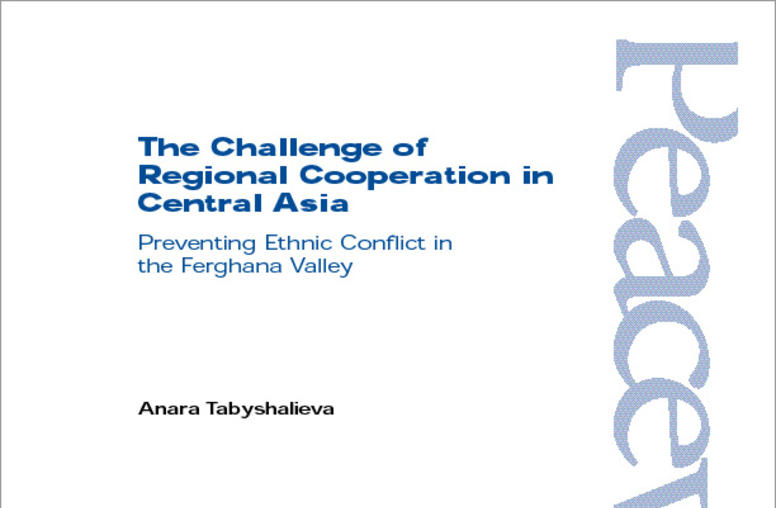
The Challenge of Regional Cooperation in Central Asia: Preventing Ethnic Conflict in the Ferghana Valley
This report looks at social fragmentation currently taking place in Central Asia and its possible repercussions for the future of regional cooperation.
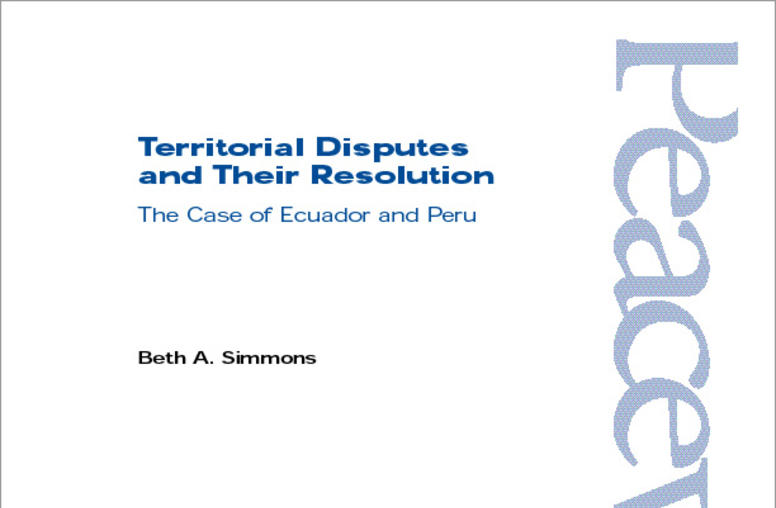
Territorial Disputes and Their Resolution: The Case of Ecuador and Peru
After nearly six decades of sporadic warfare over a relatively small stretch of disputed border, Ecuador and Peru signed an accord on October 26, 1998, that provides a definitive settlement of the remaining issues in their ongoing border conflict. The accord may not spell the end to future territorial disputes in the region, but it is historic in that it involves many actors working over many decades to achieve a settlement to a long-standing dispute.
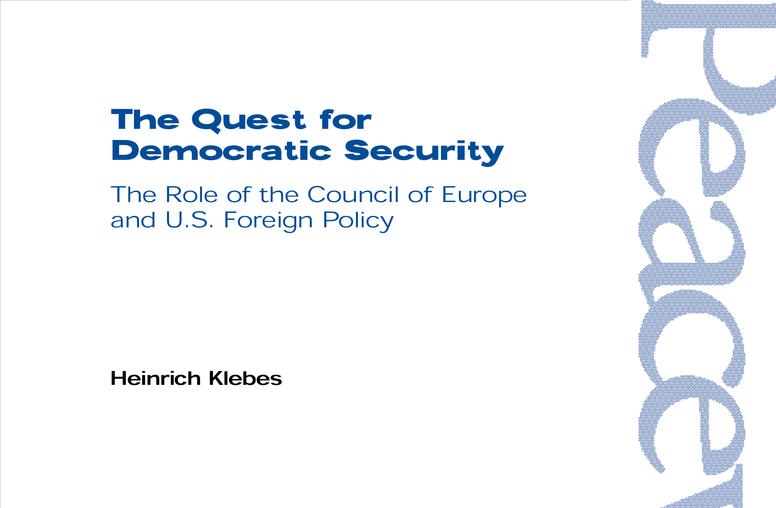
The Quest for Democratic Security: The Role of the Council of Europe and U.S. Foreign Policy
The role of non-military organizations in the European security architecture has been greatly enhanced in the post–Cold War era. Although NATO can protect its members through the force of arms, security involves much more than military might—it has crucial social, political, and economic components that are of heightened relevance in today's world.
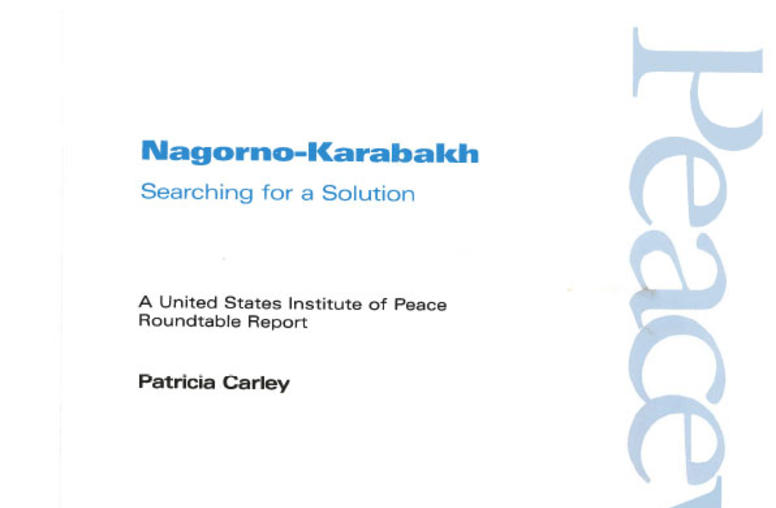
Nagorno-Karabakh: Searching for a Solution
Although it has long since fallen out of the headlines, the conflict over the territory of Nagorno-Karabakh appears no closer to resolution than when the worst of the fighting ended six years ago. Hotly disputed between Armenians and Azeris, this tiny, barren area in the southern Caucasus region of the former Soviet Union has been the scene of some bitter fighting; though the military clashes have largely ceased, the political battles are as high-pitched as ever.